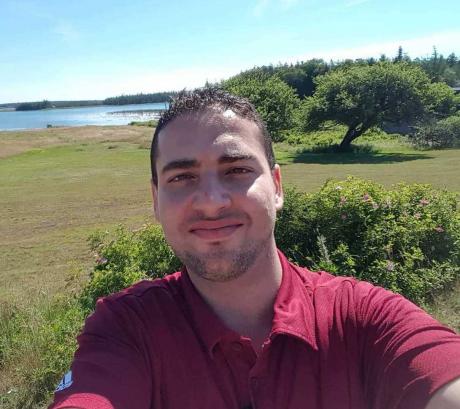There has been increasing interest in classifying mixed quantum states with topological order, particularly in understanding when states connected by local noise channels remain in the same topological phase. This framework has recently been applied to topological quantum error-correcting codes, where the use of the Petz recovery map has shown that phase transitions in mixed states align with the decodability threshold of these codes. Motivated by these insights, we introduce a scalable, parallelized, quasi-local decoder that achieves near-optimal performance for topological codes. Focusing on the surface code under dephasing noise, we demonstrate that, by slightly reducing the decoder's error threshold, one can significantly enhance its speed depending on the noise rate and desired decoding accuracy. We further outline how our protocol can be extended to realistic scenarios involving logical operations across multiple logical code blocks.
Pizza and drinks will be served after the seminar in ATL 2117.

